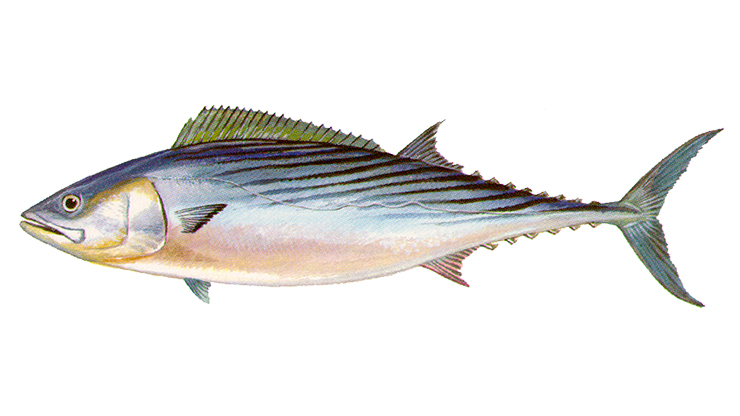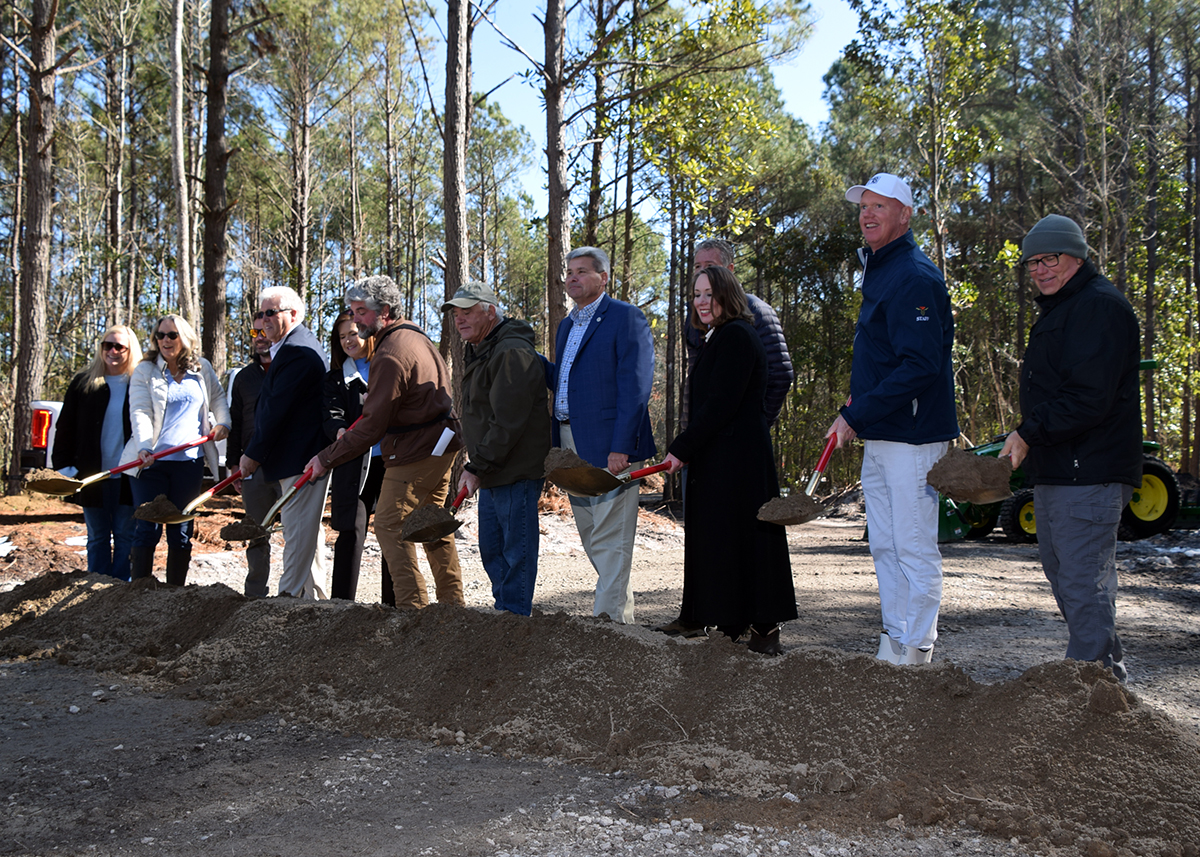 The state is again taking action against Chemours by issuing another notice of violation.
The state is again taking action against Chemours by issuing another notice of violation.
The North Carolina Department of Environmental Quality issued Tuesday the notice of violation identifying instances of failing to meet conditions of the consent order under which the company’s Fayetteville Works plant was allowed to operate and the National Pollutant Discharge Elimination System, or NPDES, wastewater discharge permit related to the plant’s wastewater treatment system.
Supporter Spotlight
Notices of violation also were issued earlier this month and in June 2020.
The treatment system installed at Old Outfall 002 in September 2020 is required in the consent order to protect downstream communities by removing residual per- and polyfluoroalkyl substances, or PFAS, contamination from wastewater that flows into the Cape Fear River.
“DEQ is committed to holding Chemours accountable, and ensuring they meet the requirements of the Consent Order and their permit conditions at all times,” said DEQ Secretary Michael S. Regan in a statement. “DEQ will continue to take all appropriate actions, from increased oversight to enforcement, to ensure the company meets its obligations to prevent PFAS from entering the Cape Fear River.”
Design and operational problems in September, October and November of last year resulted in violations of the consent order requirements to implement a fully operational system by the Sept. 30 deadline and achieve a 99% removal efficiency. Violations of the NPDES permit include exceeding an effluent limit, failure to meet flow requirements, improper operation and maintenance, and failure to mitigate during storm events.
Lisa Randall, a Chemours spokesperson, told Coastal Review Online Tuesday that Chemours is currently reviewing the notice of violation from the state, and will respond accordingly to their outlined request for information.
Supporter Spotlight
“The system installed to capture and treat water from the stream referred to as Old Outfall 002 began operation in October 2020, and has experienced unordinary stresses, including excessive solids, since that time due to above average rainfall. Chemours has already incorporated additional mitigation measures as a result of our learnings, and we are moving forward with treatment of the 002 stream, as well as addressing PFAS loading to the Cape Fear River, as approved by the state as part of our Consent Order and Consent Order Addendum,” she said. “Chemours has demonstrated a commitment to environmental stewardship that is significant and meaningful, and we have already taken numerous actions to control PFAS emissions at our Fayetteville site. We are not aware of any other company in our industry or other industries who has taken the steps we have taken.”
As of Dec. 18, 2020, inspections and data confirmed the treatment system at Old Outfall 002 is online and working as intended to remove PFAS from the contaminated stream channel before it reaches the Cape Fear River. The NPDES permit is limited to treatment of the contaminated stream waters at Old Outfall 002. Since 2017, Chemours has been and is still prohibited from discharging process wastewater.
Previous notices of violation were issued Jan. 4 for land-disturbance and stormwater violations related to the installation of the Seep C treatment system under the consent order and in June 2020 for improper disposal of excavated soil during the construction of the treatment system at Old Outfall 002.
DEQ will evaluate the responses and information provided by Chemours to determine civil penalties for all of the violations cited above, as well as the assessment of the stipulated penalties under the consent order.
Copies of the notice of violations and other documents related to the consent order are available on the DEQ website.







